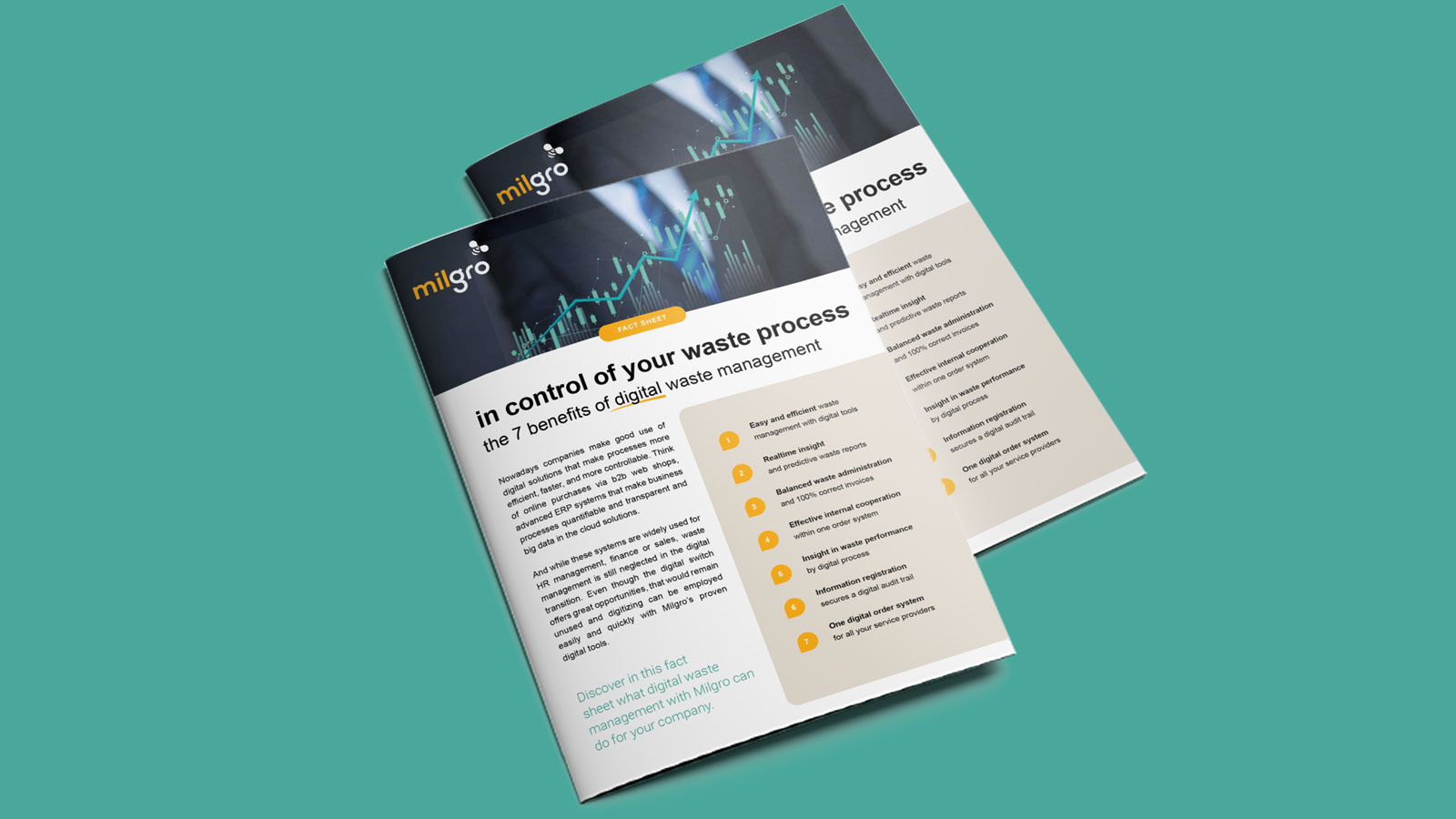For years, companies have been able to make green claims without having to provide any proof. This will now change, as Europe is taking measures against greenwashing with the Directive on Empowering Consumers for the Green Transition (ECGT). Companies will soon have to back up their sustainability claims with data.
Three-quarters of products on the European market claim to be green or sustainable in some way, but more than half of these claims are vague, misleading or unfounded, European Commission research in 2020 found. Also, nearly half of the 230 green labels you find on products within the EU have weak or no verification procedures at all. Consequently, calls for legislation to curb such forms of greenwashing have been growing in recent years. The Directive on Empowering Consumers for the Green Transition (ECGT) is the European answer to this call.
Read also

What is greenwashing?
What is de ECGT?
The ECGT is a directive that ensures consumers can make better, greener purchasing choices by protecting them from misleading marketing practices such as vague or misleading green claims. The ECGT also requires consumers to be more clearly informed about how long products last. In this way, the ECGT ensures that only products that are truly sustainable will soon be able to present themselves as such. The directive must be transposed into national legislation by the European member states by 2026.
The broader perspective: a circular economy
The ECGT goes beyond regulating greenwashing; it is an important step toward a circular future in which products last as long as possible and are designed with reuse and repair in mind, rather than replacement. It thus promotes an economy where raw materials are maximized and environmental impact is minimized.
Prohibited forms of greenwashing
The ECGT thus makes short work of misleading consumers. It defines a number of common marketing practices that will no longer be tolerated:
- Running a sustainability label that is not based on a recognized certification scheme or prepared by a government agency.
- Making generic sustainability claims without substantiation. Think of terms such as "environmentally friendly," "green," "eco" or "biodegradable. Only products that are proven to be more sustainable than similar products in the same category will soon be allowed to profile themselves as such.
- Calling a product green or sustainable while only one part of the product or company has been preserved.
- Advertising a particular green feature of a product when that feature is required by law for that product category.
- Claiming that a product is green because the producer offsets emissions. Under ECGT, companies can only claim that a product is climate neutral if the carbon emissions are offset through a certified system, such as VCS or The Gold Standard.
Transparency about sustainability
In addition to combating greenwashing, the European Parliament also wants consumers to be better informed about the durability of products, i.e. how long they will actually last. Companies are therefore required to clearly communicate even before purchase whether a product will become unusable in the future due to planned obsolescence. Those who will soon buy a digital product must be informed about future software updates that will negatively affect use. And the right to repair will also have more clout thanks to ECGT. Presenting goods as repairable when they are not, will no longer be allowed. In addition, consumers must be explicitly reminded of the statutory two-year warranty period so that fewer items are thrown away unnecessarily.
This is what the ECGT means for businesses
As of 2026, therefore, any green, sustainable or circular claim will have to be based on objective and verifiable figures. For this, companies will have to start looking critically at their own production processes, the reusability of their raw materials, the design of their products and the end-of-life of their products. Guided by principles of Re-design, Repair and Reuse, they will have to make the lifespan of their products as long as possible. Moreover, they will have to gain timely insight into their own production flows in order to meet the strict standards set by the ECGT later on, based on data.
Waste streams under control
The introduction of ECGT necessitates a more efficient, sustainable approach to raw materials. Milgro helps companies with this. We offer companies insight into their own production and waste streams based on data to ensure that valuable raw materials no longer become waste. This not only saves costs and time, but also a smaller ecological footprint. In this way, we help companies comply with legislation on all fronts and together accelerate the circular economy.
Stay informed
Stay up to date on all new developments? Follow us on LinkedIn or Instagram. Or subscribe to the newsletter. Are you curious about what Milgro can do for your operations and waste process? Contact us












